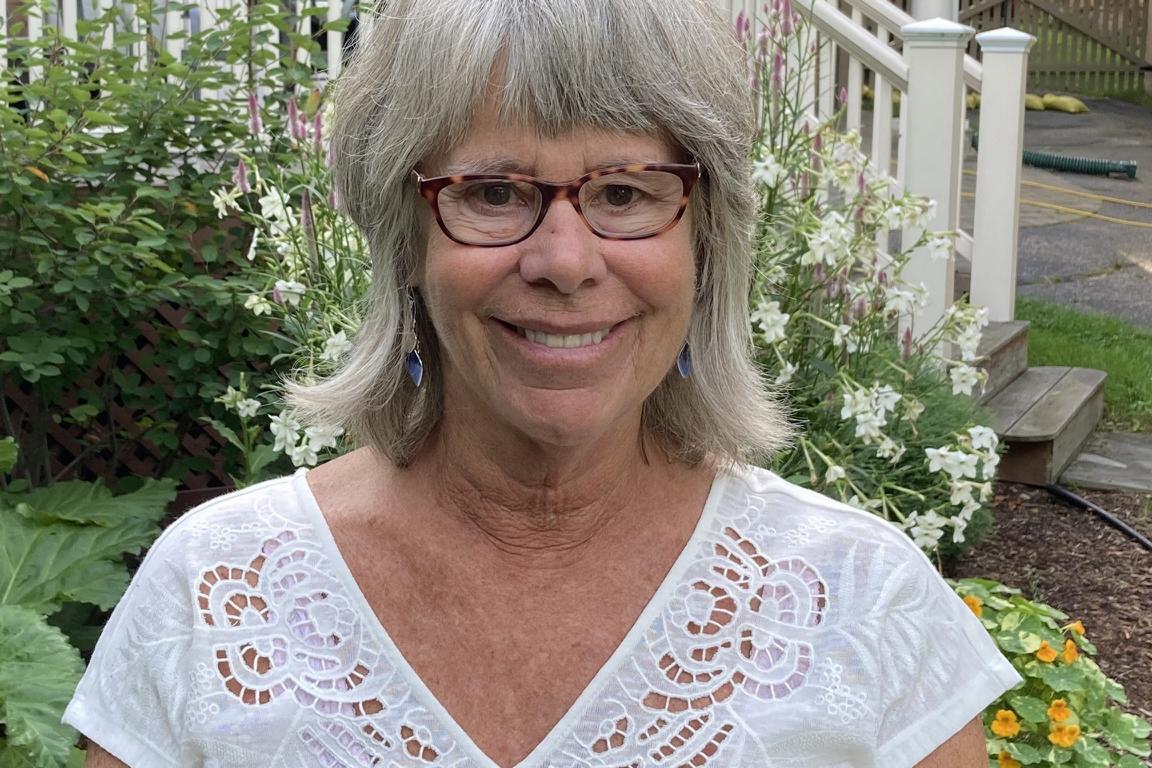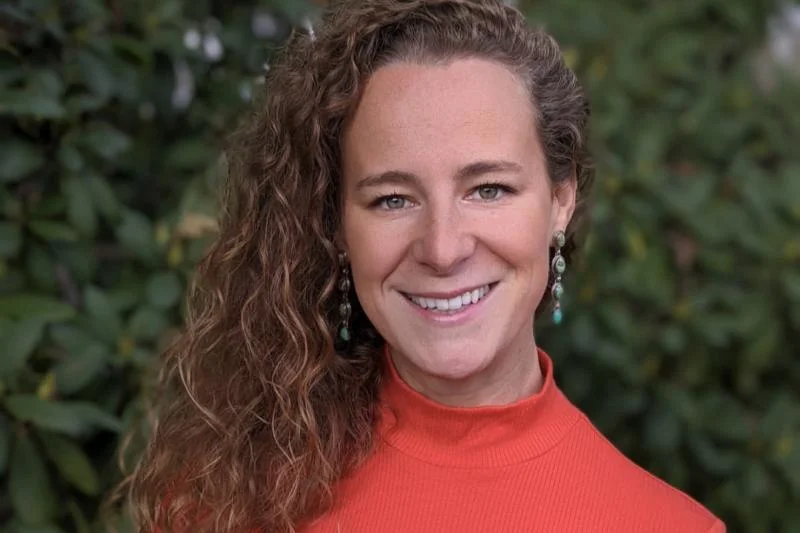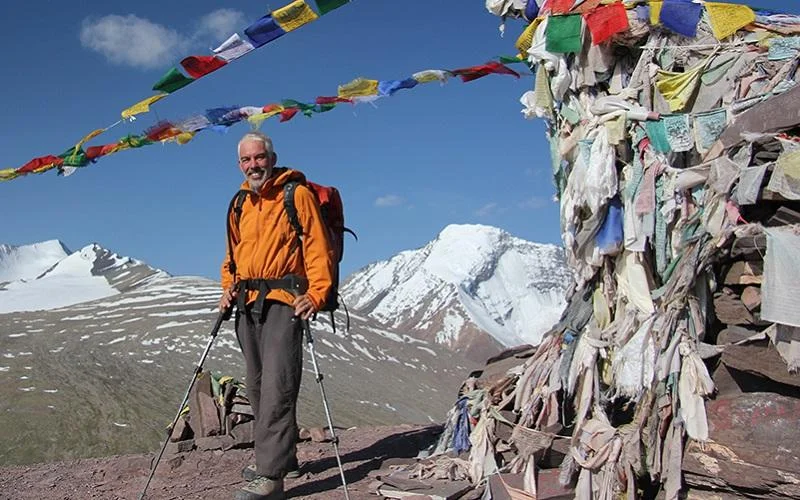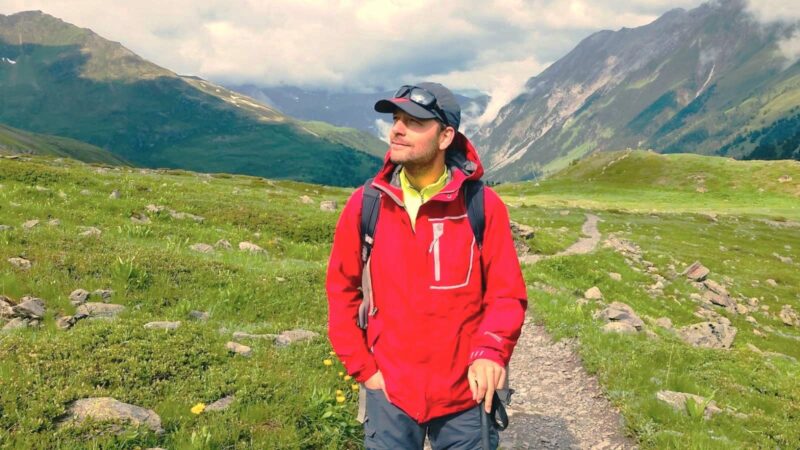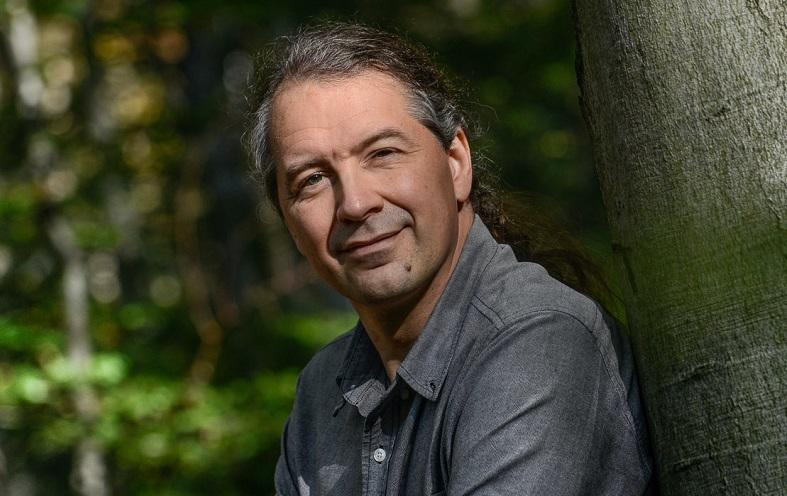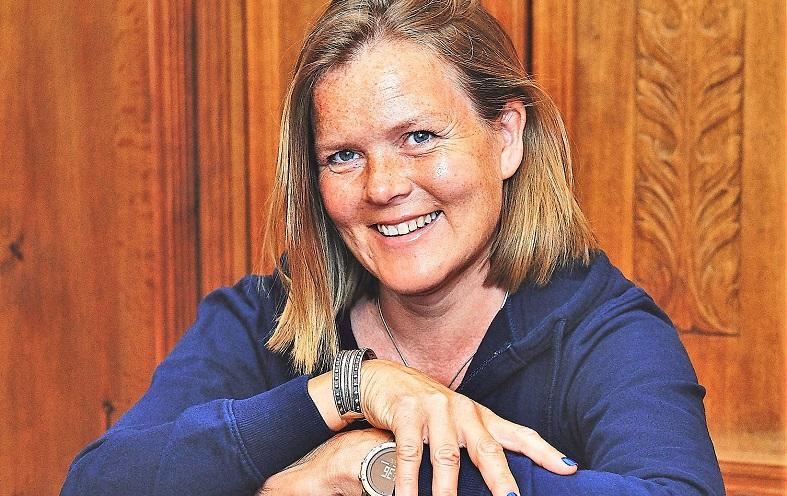
Kirsi Hyvaerinen has been dedicating close to thirty years of her career to various roles within the travel industry. She is currently – among other roles – the Founder and Managing Director of HYVÄ Coaching & Consulting in the Western Balkans, Board Member of the Global Ecotourism Network, an educator with the Adventure Travel Trade Association, and the co-founder of the Montenegro chapter of Travel Massive.
Having worked with a range of organizations – DMOs, NGOs, airlines, small and medium-sized businesses, international development agencies – Kirsi like few others knows about the challenges in setting up a new venture, such as how to obtain funding from reliable sources.
She also discusses how consistent international pressure under the #SaveSalina campaign helped to declare the Ulcinj Salina in Montenegro to a Ramsar Convention site and Nature Park, and how this benefits the flora, fauna and sustainable tourism in the region.
Kirsi, with over three decades of experience in the travel industry – what inspired you to dedicate your career to travel and tourism?
My decision to study travel and the tourism economy in Germany in the late 80s came along with the usual daydream ideas of working with people, cultures, nature – and travelling the world while doing so. To become a star veterinary or a horse whisperer was another idea, influenced by my work after school as a groom and trainer of international show jumpers.
During my studies and through all the practical work experience that I tried to pack into those years, it soon became clear to me that tourism is an intriguing, very special industry, but also one where reasonable jobs are hard to find!
One of my eye-opening moments concerning my understanding of tourism was a presentation by the late Jost Krippendorf, one of the pioneers of sustainable tourism.
During and after studies, I worked in a classical travel agency, at the Helsinki city tourist office, then at Singapore Airlines, as a B2B marketer for Latin American destinations (which took me to my first ecotourism conference in Brazil) and as destination manager for a region in the Black Forest.
In the late 90s I was also involved in an award-winning start-up idea, “Además” – but then the first Internet business bubble burst, and I worked with DMOs before finding my calling in project work, research and consulting.
During all this time, the travel and tourism industry has gradually changed – and it keeps transforming. I am glad to see that sustainable tourism has turned from a niche topic to mainstream concern, now closely linked to the UN sustainable development goals and discussed on the center stages of travel & tourism think tanks and conferences.
Sustainability is not the niche idea it used to be. It has become much more mainstream and better promoted. Still, we have a lot to work ahead of us. Words are not enough.
You are an active supporter of the Global Ecotourism Network – why? Which challenges or gaps does the network address?
Today, more than ever, the world is a network, and no one survives in isolation. When I was invited to join the Board of the Global Ecotourism Network (GEN), I was humbled and honoured to work with such an amazing group of the most experienced leaders of ecotourism, sustainability, and responsibility.
All of us are volunteering to develop this “umbrella” organization and its regional counterparts, such as the European Ecotourism Network. I am happy about the fact that GEN is a not-for-profit and, unlike most organisations, growing 100% from the bottom-up.
For me, credibility, accountability, and transparency are important values. One challenge from the past is that many people still don’t know why the entire Advisory Board of TIES [The International Ecotourism Society] stepped back in 2015 and decided to continue as GEN.
For all non-profits, funding is a challenge; you must be very passionate and believe in the “why” of your decisions and actions. The global problems of our planet, that are finally gaining worldwide attention, have always been on the agenda of long-term thinkers.
Today, at GEN we would like to grow the educational component and help with more proactive participation, with hands-on action and involving younger generations – I believe they have many great ideas and good keys in their hands.
GEN provides daily advice and leadership, aiming to influence the development of places and people, the market offer and demand. Our mission is to bring the world’s regional and national ecotourism associations, networks, and destinations together with indigenous and rural peoples, global operators, professionals, and academics, to grow the industry, provide advocacy, encourage thought leadership and innovation, and add greater authenticity to ecotourism.
As a trainer, which best practices do you teach governments, associations and individual companies? Which are the keys to success for a more sustainable form of tourism?
I wish we had that silver bullet to solve it all, to solve it now, and everywhere. But we don’t – so I like to combine good tools, experiences from other industries, and common sense.
Questions of sustainability are becoming the competitive advantage of our age – the #ValueNotVolume is a hashtag I started using four years ago in China and today, it is valid in so many places and contexts.
It is important, but clearly not enough, to have clear strategies and action plans. If you don’t bring them to life, they are not worth the paper they are written on. This is a process that takes reliable, continuous communication and cooperation. Often there is space to simply take away red tape from anything that improves sustainability. These are some basic best practices with no label on them.
In terms of concrete principles, I advocate for the Global Sustainable Tourism Council criteria, and I am happy to report that my current rural tourism project for the six Western Balkan countries has made the Criteria available to them in their local languages.
Further, for some years now, I have been co-moderator at the Destination Camp and adore the focused dynamics and the mutually support-oriented work there. The yearly result, a handbook called “Werkschau” has become a must-have resource, after 2,5 days of hands-on exchange on jointly defined topics.
Other practical approaches which I like and include in my work: Leave No Trace, Adventure Travel Guide Standards, Interpretation – and there is always something new and valuable in the webinars which we help promote via GEN, and in the ones of Travel Massive LIVE.
Having worked with a wide range of organisations – Do governments and big companies generally find it easier to implement ecotourism and sustainability initiatives, compared to NGOs, small and medium-sized businesses?
It depends on which governments or businesses you look at. If China and India take good decisions, those will have an impact on the whole world. Northern European countries are in many ways leading when it comes to implementation, public and private sector cooperation. And I have always been impressed by Slovenia’s straight-forward work, as Maja Pak explained in her interview.
The lack of institutional memory in the public sector is a terrible problem, leading to a loss of good results, time and money. In businesses, the same problem would lead to liquidation. Generally, when you manage to encourage and take care of B2B relations that have sustainability in their common DNA, you are on the right path.
NGOs are often too short in funding, too little market-oriented and instead of being treated as resources and potential partners, they are an enemy (to governments) or competitor (to businesses) – and in the end, everyone loses. Vertical and horizontal cooperation is hard to build and keep alive, but that is the only way.
What role does finance (funding) play when it comes to achieving sustainability?
Generally, I do not believe that a lack of money is a problem in most countries at governmental and transnational levels. It’s all about decision making, implementing laws properly and steering financial flows correctly; the choice is always there, to support or hinder sustainable practices.
Accountability should be regarded the fourth pillar of sustainability, complementing the social, economic and ecological dimensions. With no accountability, the other three dimensions are doomed to fail.
Where government officials and public servants lack accountability and integrity, people remain stuck in poverty. Natural public spaces are occupied and destroyed, the climate crisis is ignored, and the migration of young people continues, which is a huge problem.
In a tourism context, according to the Accountability Lab, a 1% reduction in corruption leads to a 2-7% increase in visitor inflows. Do you want to fight corruption? Simple: “Just don’t do it” – quoting a Danish diplomat in the Balkans.
Also, I wouldn’t rely on one source alone; today the diversity of funding sources and what you can do with them is big. But again, it takes education, expertise and time to tap the right sources. You won’t find a manual for this on Wikipedia, and there is no app for it either.
And so often forgotten: How do you justify further funding? It is essential to think early about your measures of success and simple things like infrastructure maintenance. If it´s not sustainable, you cannot call it development.
At destination level, guest contributions must be communicated transparently: what are visitors getting for the money (be it overnight taxes, entry fees, CSR based or individual, voluntary contributions), and how do local communities benefit from tourism-induced public income?
When the public and private sectors work together in an organized way, sustainable funding becomes easier. Here in Europe, the new European Parliament and the new European Commission are key for funding sustainable development initiatives, including those in tourism.
I see millions from EU funds wasted because of lack of long-term public-private ownership. There is too much “rain dance” of activities instead of proactive, well-managed projects with public (!) impact monitoring.
The European Tourism Manifesto is the appeal to the new Parliament and Commission to advance an integrated European tourism policy and strategic funding at the EU level.
It’s also becoming obvious that the diversification of rural areas is interdependent with sustainable development and tourism. For example, the new Common Agricultural Policy (CAP) will focus on supporting small and medium-sized family farms and is committed to increasing the level of environmental and climate ambition.
According to a recent study, tourism is responsible for 8% of global greenhouse gas emissions. How can we address the core issue of many “responsible” travellers flying long-distance to reach their ecotourism destination?
We simply cannot wait for governments to “regulate everything”. As an industry, the decarbonization has started and must become the norm very soon. The change will not happen only by raising awareness. We need to raise individual and collective responsibility and show that there is much more to solve than “what should I do with the flying?”
The obvious short-term answers to that specific question about climate impacts of air travel are to reduce flying and to offset when you can’t – and that should happen at the strictest standard available for climate protection projects – the reason why I rely on atmosfair.
Food loss and food waste are other elephants in the room. Again, as individuals and as an industry we can do much to improve that situation. In the Climate Action Leadership Studio of ATTA, we saw many encouraging examples from governments and businesses of what can be done and is done NOW. But here’s another thought-provoking article on where the future might be, as well.
I see more and more advice on “how to live low carbon” and “how to travel without plastic” – there is a bunch of resources and thanks to movements like Zero Waste, #FridaysForFuture and #breakfreefromplastic they are gaining popularity. Today, a growing number of start-ups bring together digitalisation and responsible travel.
And it’s no coincidence that the “Flygskam”, followed by more people choosing train travels, started in Sweden. But we need to get business travel on board. For example, in 2018 alone, there were 189.6 million managed business trips in Germany.
I just attended the GBTA 2019 Conference in Partnership with VDR, The German Business Travel Association. And guess what? It was full of association initiatives (first ideas include “quick fixes” such as milestotrees), self-assessment tools, and generally travel management companies, event organizers, accommodation portals, and airlines are getting committed to change, encouraging people to reduce travel and to start planning and booking differently.
Facing the fact that most of the business travelers will soon be millennials who care about environmental and social issues (and combine business trips with leisure) – I have the hope that the change in the travel sector towards more sustainability will soon be tangible.
Thanks to the #SaveSalina campaign, Ulcinj Salina in Montenegro is now a designated “Wetland of International Importance” under the Ramsar Convention. How important is such a designation for an ecotourism business and destination?
The protection status is decisive. It was reached after 15 years and five international conferences, a lot of international pressure and over 100,000 signatures in a public petition to the government, aiming to stop the gradual destruction of a unique area, with some of the best biodiversity in Europe and part of the Adriatic Flyway of migrating birds. Only now, ecotourism is possible at all. There is great potential to create #ValueNotVolume experiences for citizens and guests alike.
The following months and years will have to be dedicated to the growing involvement and engagement of the local community. Together with the public and private sectors, with engaged and interested individuals, we aim to form a basis for enhanced environmental accountability and socio-economic development for Ulcinj and its surroundings. We want to create and measure what matters.
Salt production in Ulcinj Salina, an important source of livelihood to the locals, was halted in 2012 due to funding irregularities. Will salt production resume in the near future, since Ulcinj Salina is now declared a national protected area?
Funding irregularities…well, controversial and corrupt money-making aspirations would come closer to what has been the enemy there. Often it is not understood that the salt production has not only been important for the local economy, but also for the survival of many rare bird species.
Today, with a more positive roadmap in place – also keeping in mind that Montenegro has started negotiations for a generally much better environmental management of the country within the EU acquis chapter 27 – the big hope of the local community is also to find funding and new investment for the salt and medicinal mud production.
It would not only give traditionally important jobs back to the region but become an excellent example of the positive inter-dependency between the salt, the birds and the people. With the support of EuroNatur Foundation, the Center for Protection and Research of Birds (CZIP) and the Dr Martin Schneider-Jacoby Association (MSJA), the work towards that goal as well will continue.
What advice can you share with new businesses or destinations seeking to establish themselves as champions in sustainability?
Know your “why” by questioning the need for change across all levels of your destination or organization. The core purpose of your organization should not be mixed up with the goals or strategies. Those can and should change at reasonable intervals, but the “reason for being” will not.
Think big, start small – and do what you can right away.
Use pilot regions, clients – test and learn along the way. Reward good behaviour. Where you see people thinking and working in silos – encourage work across departments or sectors.
“Always act so as to increase the number of choices.” taught Heinz von Foerster (1911-2002). For me, that works from the perspective of local communities, destinations, and travellers alike.
Embrace cooperation but choose partners carefully; greenwashing and growth at any cost would take you two steps forward and four steps back.
Support creativity and thinking out of the box. Look at your surroundings with visitors’ eyes – often the simplest solutions are the best ones.
Don’t rely on third-party funding forever. Develop the skills to plan and manage a sustainable business.
Create or join “broader picture” initiatives. Two examples I like very much are The Finland We Want 2050 and The Future Proof Community.
Which aspects do novices tend to miss when they start their sustainability journey?
This might be old news but is still true: “think globally, act locally” – meaning you need to link global trends, and especially megatrends, with the local strengths and priorities.
Further, there is no “one size fits all”. Treat the sustainability journey as a process. Certifications and awards may be a great tool and a boost, but should not be the goal. In the first place, they are a big promise that you want to keep. And again: join forces with the like-minded!
How do you think will the travel sector have to change and adapt, due to the climate crisis?
Not only because of the climate crisis – we need to collectively adopt new measures of success. “There can be no such thing as a sustainable business within an unsustainable system.” I have nothing to add to the must-read articles of Anna Pollock.
Thank you, Kirsi.
Connect with Kirsi Hyvaerinen on LinkedIn or visit her social media accounts on Twitter, Facebook, and Instagram to find out more about her projects, education and consulting services.
Enjoyed our interview with Kirsi Hyvaerinen on sustainable tourism initiatives, trends and challenges? Thanks for sharing!


